The world is changing. And fast. Blockchains are on the rise and cryptocurrencies are becoming increasingly popular with everyday investors. The potential for blockchain technology to reshape society is enormous, but its current implementation is somewhat limited. While many people may not know it yet, blockchain will have a massive impact on the agricultural industry as we know it today. At one time or another, most of us have heard about “big data” and how it’s revolutionizing how we handle information in nearly every field.
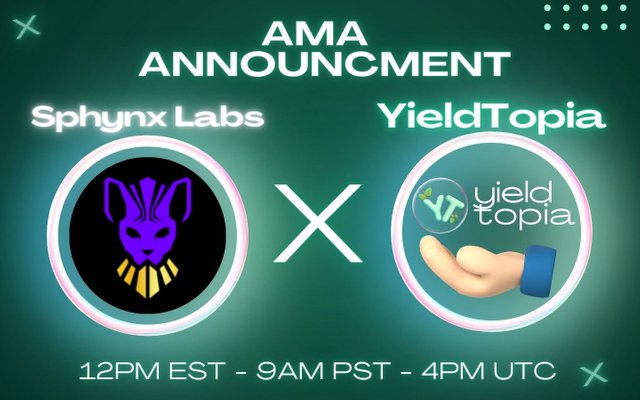
Well blockchain technology works similarly to big data—except instead of storing information in just one centralized location like a server, you instead store information across multiple servers (known as nodes) that must all agree before any new information can be written to the chain. This process makes it nearly impossible for hackers to tamper with any individual node without having to simultaneously crack every other node connected to that same network – something that is virtually impossible to do with current technology .
What Is Blockchain?
Blockchain is a decentralized framework that uses a peer-to-peer network to manage transactions across multiple stakeholders in a centralized fashion was impossible.
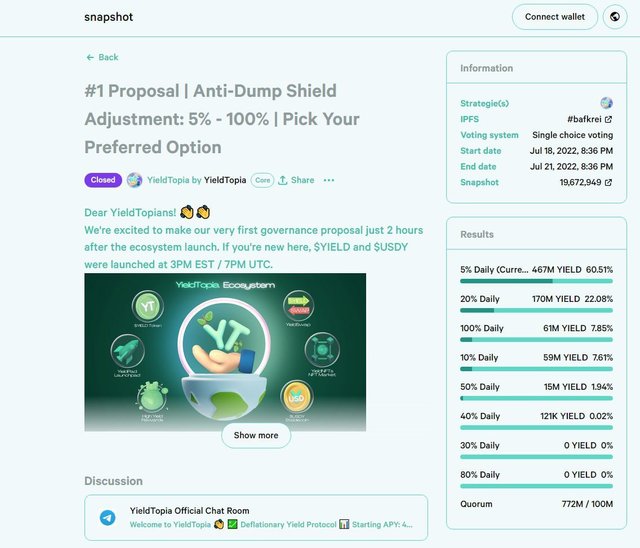
Blockchain is a decentralized framework that uses a peer-to-peer network to manage transactions across multiple stakeholders in a centralized fashion was impossible. If one person’s copy of the blockchain is altered, the entire network will know and, with enough computing power, confirm that the alteration is false. It’s an important breakthrough for security not only for the financial industry but for the entire supply chain industry.
How Does Blockchain Impact Agriculture?
Simple supply chain management Blockchain has the potential to completely change the way businesses and consumers interact with the food supply chain. Instead of allowing only trusted intermediaries to manage the flow of information, the technology could empower consumers to manage the flow of information about where their food comes from. In other words, blockchain could drastically change the way farmers, food suppliers and retailers communicate with one another. It could also help consumers take greater control of their food supply by allowing them to see where their food comes from and how it was produced.
Supply Chain Management
For farmers, a blockchain system could give them an unprecedented level of control over their business. Today, they must trust grain elevator operators to move their crops from the field to the silo.
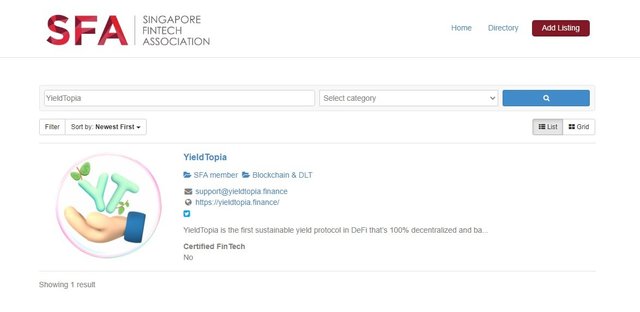
Once in the silo, the farmers must trust the elevator operators to keep their inventory safe until they’re ready to be delivered to a processor. But what if instead of letting the elevator operators manage their crops, the farmers managed their own inventory? That’s what blockchain could change. Grain elevators could use a blockchain system to track the grain from the farmer to the silo. The farmers could then manage their own inventory across multiple silos via their smartphone. This would give the farmers far greater control over the grain silo system and offer consumers greater transparency about where their food is coming from.
Smart Contracts
Imagine a world where farmers and food suppliers don’t have to worry about their terms of agreement getting altered by dishonest intermediaries. Blockchain could even help enforce the agreement. Some farmers might be hesitant to sign a contract with consumers who are importing their goods because they worry the terms of their agreement could change at any time.
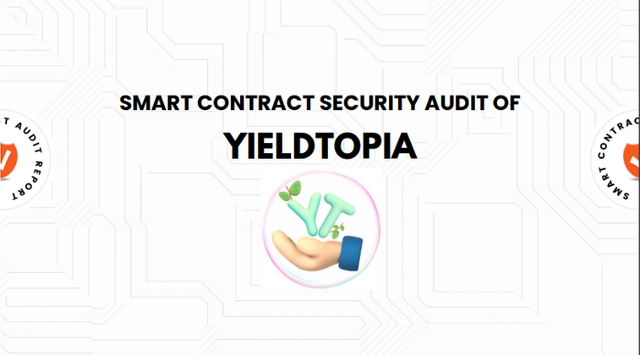
When they sign the contract, they’re making a promise to deliver a specific quantity of goods at a specific time. Without a blockchain system to enforce the agreement, the farmers could be reluctant to make that commitment. But with blockchain, the terms of the agreement could be written into the code of the contract itself. This removes the risk of a contract getting altered and ensures that both parties are bound by the same contract.
Food Safety With Blockchain
One of the biggest challenges facing the agricultural industry is keeping food safe from bad actors. If food is contaminated at any point in the supply chain, consumers may not know it until it’s too late. But what if bad actors could be traced back to the source? Bad actors might be tempted to tamper with a food sample to make it look bad. But if the blockchain system is accurate, traceability could be far easier than if the information was managed by a third party. Consumers could trace the source of their food back to a specific source, making it that much easier to determine if the food is truly safe to eat.
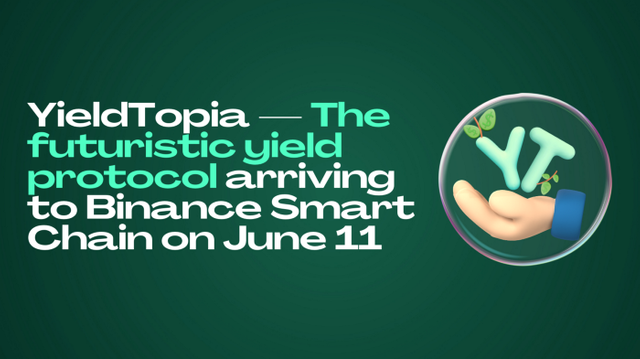
Exciting times lie ahead for the agricultural industry as the potential of blockchain technology begins to be realized. While the technology is still in its early stages and has a long way to go before it will be considered a reliable replacement for current practices, the potential for blockchain is exciting and there is no doubt that it will change the way we think about agriculture and food safety.
#YIELD #YieldTopia #Governance #NFT #YieldPad #BSC #Fairlaunch
information:
https://docs.yieldtopia.finance/
https://twitter.com/YieldTopia
https://medium.com/@YieldTopia
https://instagram.com/YieldTopia
Bitcointalk Username: Lovtiek
Bitcointalk Profile Link: https://bitcointalk.org/index.php?action=profile;u=2243938
BSC Wallet Address: 0xc83E325428Ac93069d0230A37905e8B53391c837